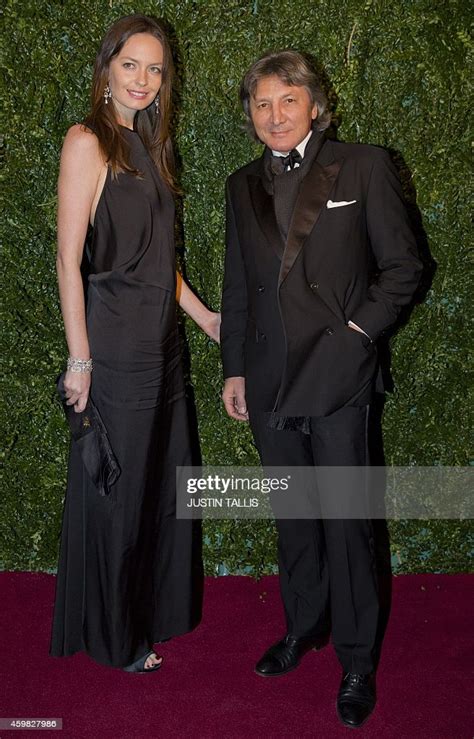A Quote by Claude Levi-Strauss
Our students wanted to know everything: but only the newest theory seemed to them worth bothering with. Knowing nothing of the intellectual achievements of the past, they kept fresh and intact their enthusiasm for 'the latest thing'. Fashion dominated their interest: they valued ideas not for themselves but for the prestige that they could wring from them.
Related Quotes
The Ideas of primary Qualities of Bodies, are Resemblances of them, and their Patterns do really exist in the Bodies themselves; but the Ideas, produced in us by these Secondary Qualities, have no resemblance of them at all. There is nothing like our Ideas, existing in the Bodies themselves. They are in Bodies, we denominate from them, only a Power to produce those Sensations in us: And what is Sweet, Blue or Warm in Idea, is but the certain Bulk, Figure, and Motion of the insensible parts in the Bodies themselves, which we call so.
The time and the quality of the time that their parents devote to them indicate to children the degree to which they are valued by their parents. . . . When children know that they are valued, when they truly feel valued in the deepest parts of themselves, then they feel valuable. This knowledge is worth more than any gold.
We must continually remind students in the classroom that expression of different opinions and dissenting ideas affirms the intellectual process. We should forcefully explain that our role is not to teach them to think as we do but rather to teach them, by example, the importance of taking a stance that is rooted in rigorous engagement with the full range of ideas about a topic.
Vowels were something else. He didn't like them and they didn't like him. There were only five of them, but they seemed to be everywhere. Why, you could go through twenty words without bumping into some of the shyer consonants, but it seemed as if you couldn't tiptoe past a syllable without waking up a vowel. Consonants, you know pretty much where you stood, but you could never trust a vowel.
Ideas are like stars; you will not succeed in touching them with your hands. But like the seafaring man in the desert of waters, you choose them as your guides, and following them you will reach you destiny. Perhaps you could get a clearer idea of our destiny if we took time out to examine our ideas, and upgraded them if necessary. What things are most important to you? If you could do anything you wanted to be, what would you be? If you could achieve a single objective in life, what would it be?
Our achievements speak for themselves. What we have to keep track of are our failures, discouragements and doubts. We tend to forget the past difficulties, the many false starts, and the painful groping. We see our past achievements as the end results of a clean forward thrust, and our present difficulties as signs of decline and decay.
To invest successfully, you need not understand beta, efficient markets, modern portfolio theory, option pricing or emerging markets. You may, in fact, be better off knowing nothing of these. That, of course, is not the prevailing view at most business schools, whose finance curriculum tends to be dominated by such subjects. In our view, though, investment students need only two well-taught courses - How to Value a Business, and How to Think About Market Prices.
If, then, you wish to insure the interest of your pupils, there is only one way to do it; and that is to make certain that they have something in their minds to attend with, when you begin to talk. That something can consist in nothing but a previous lot of ideas already interesting in themselves, and of such a nature that the incoming novel objects which you present can dovetail into them and form with them some kind of a logically associated or systematic whole.




































